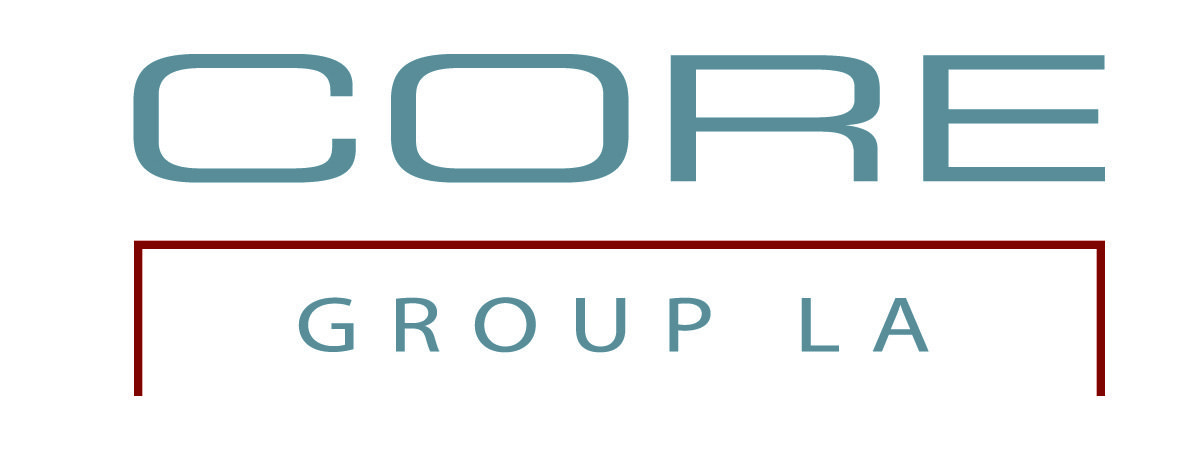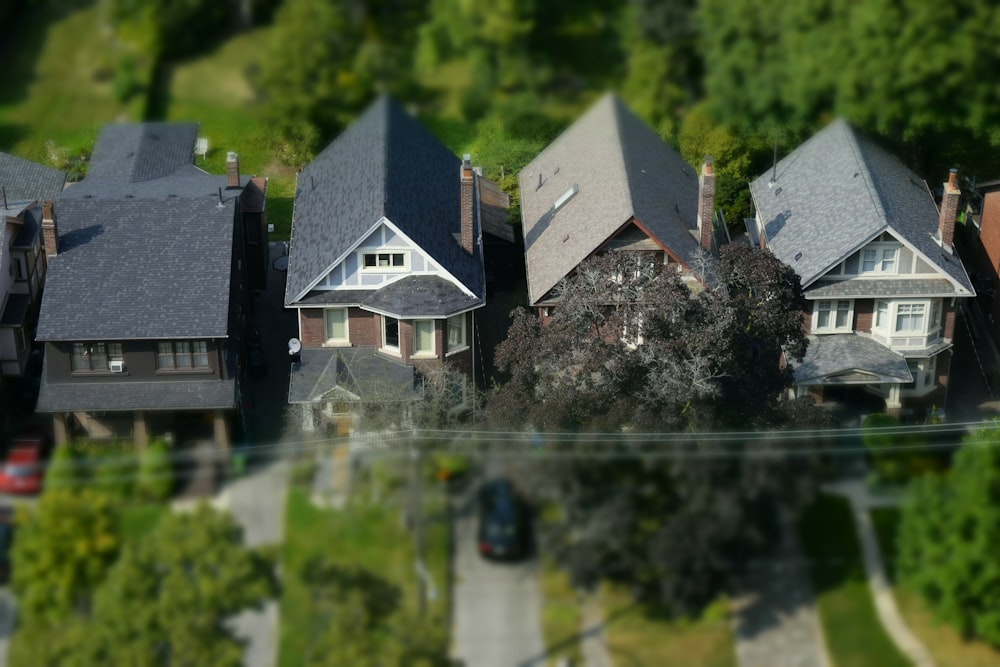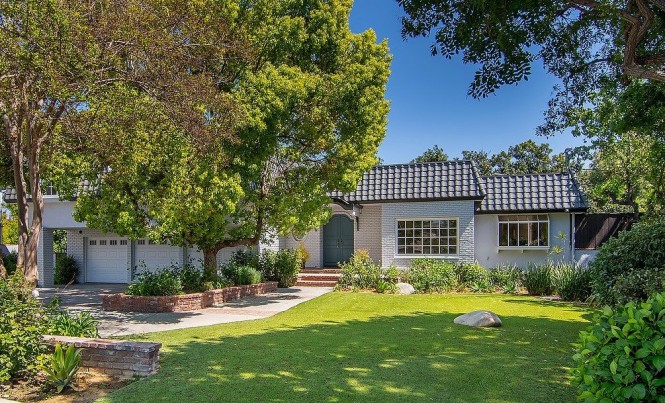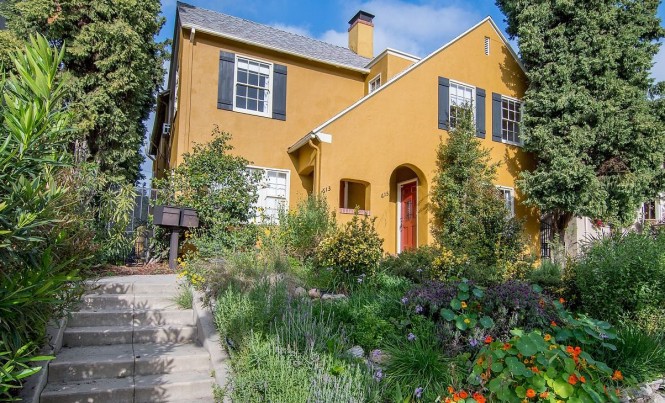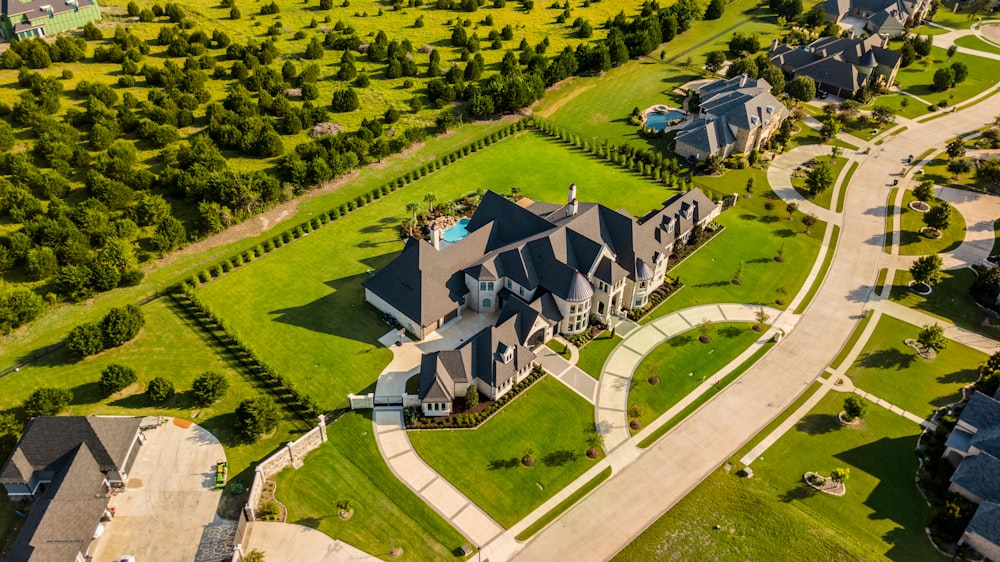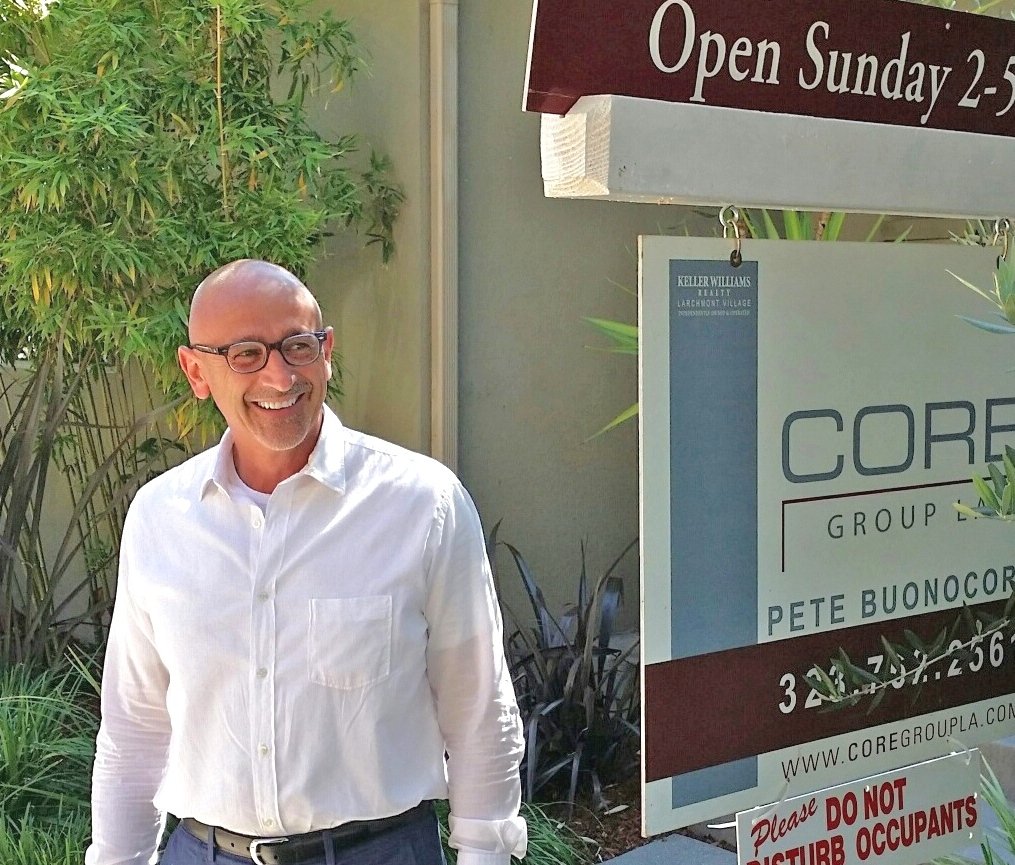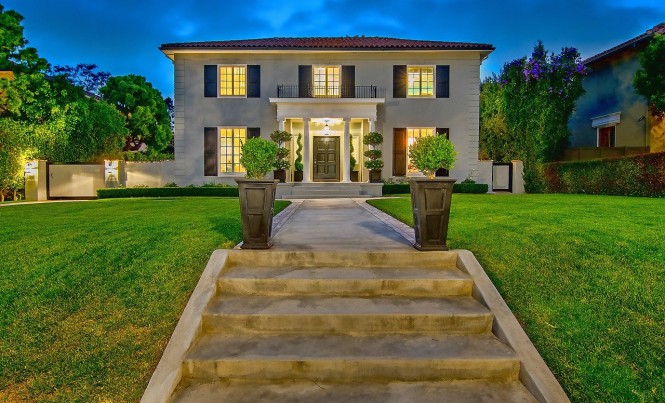
What are the factors that prevent someone from losing money in real estate?
Written by David Greene for FORBES: We all know some who frequently lament their decision to invest in real estate. Constantly blaming the market, or real estate as an industry, they believe the entire process is predicated on luck and timing, an exercise in chance. For people who have lost money investing, it’s easy to sympathize with them-but are their beliefs regarding results being beyond their control actually accurate?
Many who bought property between 2001 and 2007 lost money. These were years where prices aggressively increased, largely due to loose lending practices that allowed people to buy homes they could not afford using loans that were only temporarily manageable. Prices continued to climb until these loans reset, at which point houses fell into foreclosure, prices continued to drop, and the overall housing market spiraled into chaos.
But was this truly unavoidable or impossible to predict? Is it justified to live in fear of something like this happening again?
If you believe the answer is “yes”, you’re not likely to get started investing in real estate. The constant fear of an anvil dropping on your head like a looney toons cartoon will prevent you from ever taking any serious type of action. This will also prevent you from having any serious chance of success. The consequences for incorrectly assuming real estate investing is a gamble are grave.
If you believe the answer is “no”, it begs the question-what are the factors that prevent someone from losing money in real estate? Is it just a matter of timing the market? Is it found in getting only great deals? Or are there more pieces to the puzzle?
If we can understand what causes folks to lose money in real estate, we can take preventive measures to ensure it doesn’t happen to us. While no investment is without risk, smart investors understand there are certainly precautions that can be taken to mitigate that risk. In my nearly ten years of investing in real estate I’ve found there are certain steps to take that have a big impact on avoiding the wrong deal. I’ve spent a considerable amount of time listening, interviewing, and speaking with real estate investors. I’ve found patterns in what went well, and I’ve also seen patterns in what led to things going horribly wrong.
The following is a list of the things I’ve noticed often lead to catastrophe. Avoiding these mistakes will greatly increase your odds of real estate investing success.

Negative Cash Flow
If you want to make money in real estate, you should plan on holding an asset for a long period of time. Good things happen when real estate is owned over the long haul. Loans are paid down, rents tend to increase, and the value eventually goes up. The number one problem preventing investors from winning the long game is buying a property that loses money every month.
Don’t buy real estate assuming the price will go up and you can sell it later(this is an issue I’ll cover a little later). Nobody knows what the market is going to do. This is why trying to time the market is a bad strategy to base your decisions on. Instead, only buy properties that generate more income each month than they cost to own. By avoiding “negative cash flow”, you are protected from market dips or stalling home prices. You only lose money in real estate if you sell in unfavorable conditions or lose the asset to foreclosure. Ensuring you earn positive cash flow each month will put the power for when you exit the deal back into your hands.
Lack Of Reserves
If lack of cash flow is the number one culprit for losing money in real estate, lack of reserves is number two. Too many variables are involved in owning rental property to be able to accurately determine when unexpected expenses will hit, and how much they’ll be. Whether it’s an HVAC unit going down, a roof leak, or a water heater busting, there will always be something you need to repair or replace.
None of this takes into consideration evictions, destroyed property, and more. While you’ll eventually end up positive if you hold a property long enough, there will be times when your bleeding cash. Having a sufficient amount of reserves during these times is crucial to your success. Conventional wisdom suggests keeping six months of expenses in reserves for each property. While this number can vary for individual people with unique financial situations, make sure you have enough set aside to comfortably weather the storm when Murphy’s law hits.
Following The Herd
As Warren Buffet stated, “Be fearful when others are greedy and greedy when others are fearful”. While many of us know this to be true, the fact remains too many people still follow the herd. Many bad decisions are made when they are based on what others are doing, rather than basing them on sound financial principles.
It may be tempting to follow the herd, but understand it is a false sense of security. Just because everyone else is buying doesn’t mean you should too. In fact, it may be the opposite. The best deals I ever bought were purchased when no one else was buying. The only reason they were for sale is because someone else lost them who originally bought them when everyone else was buying! Make decisions on fundamentals like cash flow, ROI, equity, and a solid long term plan-not on what you see everyone else doing.

Betting On Appreciation
This is the number one reason I’ve seen for those who lose properties to foreclosure. Amateurs buy a house assuming it will go up in value and they can sell it later. Professionals buy under-valued properties in solid locations that produce positive cash flow. This gives them the flexibility to exit the deal when it makes financial sense to do so. When someone bets on appreciation, doesn’t have positive cash flow, and doesn’t keep accurate reserves, they are gambling on the market continuing to rise to bail them out from a risky investment.
Buying in Bad Neighborhoods
While we all know the first rule of real estate (location, location, location), there is also still the temptation to buy a questionable property in an area that seems too good to be true. When it seems too good to be true, it usually is. While homes in undesirable locations can look great on paper (read, in a spreadsheet) the reality is they almost always look better in theory than they’ll be in practice.
When you buy in an area where good tenants won’t want to live, you’ll be forced to rent to less than desirable tenants with lower credit scores, less reliable income streams, and a worse rental histories. The cons just won’t justify the pros. Having to pay for multiple evictions, destroyed homes, and theft will cause even the most stalwart investors to lose their cool. Avoid the temptation and only buy in areas where reliable tenants want to live.
Underestimating Rehab Costs
Whether you’re a total newbie or a seasoned pro, everybody makes this mistake. Experienced investors assume their rehabs will go over budget and over schedule. They prepare for this by writing these overages into their budgets and planning for them accordingly.
There is no use in running out of money with 10% of your rehab left to go! You can’t rent out the property and can’t generate income unless 100% of the property is ready to be dwelled in. Don’t be the person who makes the mistake of buying a property then running out of money before it’s ready to be rented out. Don’t bet on contractors, don’t bet on estimates, and don’t bet on numbers in a spreadsheet. Make sure you bet on yourself and have enough money set aside to finish your rehab, even if you’re told that’s unnecessary.
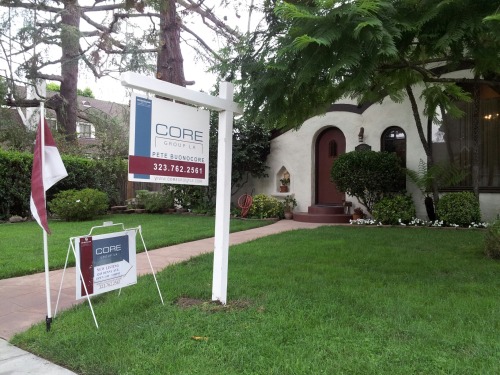
Planning on Doing The Work Themselves
All too many people have assumed they would save on a deal by doing the rehab work themselves rather than paying someone else. While there are some people who can pull this off, it’s a mistake to assume you can pay too much for a property, or not have enough in reserves to pay for the work, simply because you plan on doing the work yourself.
It’s been said “The man who represents himself in a court of law has a fool for a client.” The same can be said of the person who assumes they’ll do the rehab work themselves to avoid budgeting correctly. You don’t know which direction your life will take, what time you’ll have later, or what unexpected problems will be uncovered once you start the rehab. If you’re able to do the work yourself, consider that icing on the cake-just don’t count on it.
Failing to Educate First
The final lesson I’ve learned from those who have lost money in real estate is that they didn’t understand what they were getting into until after they had committed to purchasing a property. Certain decisions like buying a property, starting a rehab, or putting money into a deal, can’t be taken back once they are made. The time to realize you’re not prepared, or it’s the wrong deal, is before you pass the point of no return.
If you want to invest in real estate, that’s great! Start by educating yourselfnow, before you’re committed, then use that information to help you make the best choice possible. I wrote the book “Long Distance Real Estate Investing: How to Buy, Rehab, and Manage Out of State Rental Property” to help save others money by learning from my mistakes. I document my systems, strategies, and the criteria I use to make my own decisions so others can avoid catastrophe. This is just one example of ways you can invest a very small amount of money to save yourself thousands of dollars in mistakes.
Reading articles like this show a propensity for avoiding mistakes and saving money. I encourage you to read as much as possible before jumping in. Other resources include websites like BiggerPockets.com, podcasts, and online blogsites where you can learn from the wisdom of others.
No investment is without risk, but that doesn’t mean we need to live in fear. Start by avoiding the eight mistakes I’ve outlined here and you should be well on your way to growing wealth through real estate.
Written by David Greene for FORBES.com
What are the factors that prevent someone from losing money in real estate?
Written by David Greene for FORBES: We all know some who frequently lament their decision to invest in real estate. Constantly blaming the market, or real estate as an industry, they believe the entire process is predicated on luck and timing, an exercise in chance. For people who have lost money investing, it’s easy to sympathize with them-but are their beliefs regarding results being beyond their control actually accurate?
Many who bought property between 2001 and 2007 lost money. These were years where prices aggressively increased, largely due to loose lending practices that allowed people to buy homes they could not afford using loans that were only temporarily manageable. Prices continued to climb until these loans reset, at which point houses fell into foreclosure, prices continued to drop, and the overall housing market spiraled into chaos.
But was this truly unavoidable or impossible to predict? Is it justified to live in fear of something like this happening again?
If you believe the answer is “yes”, you’re not likely to get started investing in real estate. The constant fear of an anvil dropping on your head like a looney toons cartoon will prevent you from ever taking any serious type of action. This will also prevent you from having any serious chance of success. The consequences for incorrectly assuming real estate investing is a gamble are grave.
If you believe the answer is “no”, it begs the question-what are the factors that prevent someone from losing money in real estate? Is it just a matter of timing the market? Is it found in getting only great deals? Or are there more pieces to the puzzle?
If we can understand what causes folks to lose money in real estate, we can take preventive measures to ensure it doesn’t happen to us. While no investment is without risk, smart investors understand there are certainly precautions that can be taken to mitigate that risk. In my nearly ten years of investing in real estate I’ve found there are certain steps to take that have a big impact on avoiding the wrong deal. I’ve spent a considerable amount of time listening, interviewing, and speaking with real estate investors. I’ve found patterns in what went well, and I’ve also seen patterns in what led to things going horribly wrong.
The following is a list of the things I’ve noticed often lead to catastrophe. Avoiding these mistakes will greatly increase your odds of real estate investing success.

Negative Cash Flow
If you want to make money in real estate, you should plan on holding an asset for a long period of time. Good things happen when real estate is owned over the long haul. Loans are paid down, rents tend to increase, and the value eventually goes up. The number one problem preventing investors from winning the long game is buying a property that loses money every month.
Don’t buy real estate assuming the price will go up and you can sell it later(this is an issue I’ll cover a little later). Nobody knows what the market is going to do. This is why trying to time the market is a bad strategy to base your decisions on. Instead, only buy properties that generate more income each month than they cost to own. By avoiding “negative cash flow”, you are protected from market dips or stalling home prices. You only lose money in real estate if you sell in unfavorable conditions or lose the asset to foreclosure. Ensuring you earn positive cash flow each month will put the power for when you exit the deal back into your hands.
Lack Of Reserves
If lack of cash flow is the number one culprit for losing money in real estate, lack of reserves is number two. Too many variables are involved in owning rental property to be able to accurately determine when unexpected expenses will hit, and how much they’ll be. Whether it’s an HVAC unit going down, a roof leak, or a water heater busting, there will always be something you need to repair or replace.
None of this takes into consideration evictions, destroyed property, and more. While you’ll eventually end up positive if you hold a property long enough, there will be times when your bleeding cash. Having a sufficient amount of reserves during these times is crucial to your success. Conventional wisdom suggests keeping six months of expenses in reserves for each property. While this number can vary for individual people with unique financial situations, make sure you have enough set aside to comfortably weather the storm when Murphy’s law hits.
Following The Herd
As Warren Buffet stated, “Be fearful when others are greedy and greedy when others are fearful”. While many of us know this to be true, the fact remains too many people still follow the herd. Many bad decisions are made when they are based on what others are doing, rather than basing them on sound financial principles.
It may be tempting to follow the herd, but understand it is a false sense of security. Just because everyone else is buying doesn’t mean you should too. In fact, it may be the opposite. The best deals I ever bought were purchased when no one else was buying. The only reason they were for sale is because someone else lost them who originally bought them when everyone else was buying! Make decisions on fundamentals like cash flow, ROI, equity, and a solid long term plan-not on what you see everyone else doing.

Betting On Appreciation
This is the number one reason I’ve seen for those who lose properties to foreclosure. Amateurs buy a house assuming it will go up in value and they can sell it later. Professionals buy under-valued properties in solid locations that produce positive cash flow. This gives them the flexibility to exit the deal when it makes financial sense to do so. When someone bets on appreciation, doesn’t have positive cash flow, and doesn’t keep accurate reserves, they are gambling on the market continuing to rise to bail them out from a risky investment.
Buying in Bad Neighborhoods
While we all know the first rule of real estate (location, location, location), there is also still the temptation to buy a questionable property in an area that seems too good to be true. When it seems too good to be true, it usually is. While homes in undesirable locations can look great on paper (read, in a spreadsheet) the reality is they almost always look better in theory than they’ll be in practice.
When you buy in an area where good tenants won’t want to live, you’ll be forced to rent to less than desirable tenants with lower credit scores, less reliable income streams, and a worse rental histories. The cons just won’t justify the pros. Having to pay for multiple evictions, destroyed homes, and theft will cause even the most stalwart investors to lose their cool. Avoid the temptation and only buy in areas where reliable tenants want to live.
Underestimating Rehab Costs
Whether you’re a total newbie or a seasoned pro, everybody makes this mistake. Experienced investors assume their rehabs will go over budget and over schedule. They prepare for this by writing these overages into their budgets and planning for them accordingly.
There is no use in running out of money with 10% of your rehab left to go! You can’t rent out the property and can’t generate income unless 100% of the property is ready to be dwelled in. Don’t be the person who makes the mistake of buying a property then running out of money before it’s ready to be rented out. Don’t bet on contractors, don’t bet on estimates, and don’t bet on numbers in a spreadsheet. Make sure you bet on yourself and have enough money set aside to finish your rehab, even if you’re told that’s unnecessary.

Planning on Doing The Work Themselves
All too many people have assumed they would save on a deal by doing the rehab work themselves rather than paying someone else. While there are some people who can pull this off, it’s a mistake to assume you can pay too much for a property, or not have enough in reserves to pay for the work, simply because you plan on doing the work yourself.
It’s been said “The man who represents himself in a court of law has a fool for a client.” The same can be said of the person who assumes they’ll do the rehab work themselves to avoid budgeting correctly. You don’t know which direction your life will take, what time you’ll have later, or what unexpected problems will be uncovered once you start the rehab. If you’re able to do the work yourself, consider that icing on the cake-just don’t count on it.
Failing to Educate First
The final lesson I’ve learned from those who have lost money in real estate is that they didn’t understand what they were getting into until after they had committed to purchasing a property. Certain decisions like buying a property, starting a rehab, or putting money into a deal, can’t be taken back once they are made. The time to realize you’re not prepared, or it’s the wrong deal, is before you pass the point of no return.
If you want to invest in real estate, that’s great! Start by educating yourselfnow, before you’re committed, then use that information to help you make the best choice possible. I wrote the book “Long Distance Real Estate Investing: How to Buy, Rehab, and Manage Out of State Rental Property” to help save others money by learning from my mistakes. I document my systems, strategies, and the criteria I use to make my own decisions so others can avoid catastrophe. This is just one example of ways you can invest a very small amount of money to save yourself thousands of dollars in mistakes.
Reading articles like this show a propensity for avoiding mistakes and saving money. I encourage you to read as much as possible before jumping in. Other resources include websites like BiggerPockets.com, podcasts, and online blogsites where you can learn from the wisdom of others.
No investment is without risk, but that doesn’t mean we need to live in fear. Start by avoiding the eight mistakes I’ve outlined here and you should be well on your way to growing wealth through real estate.
Written by David Greene for FORBES.com
